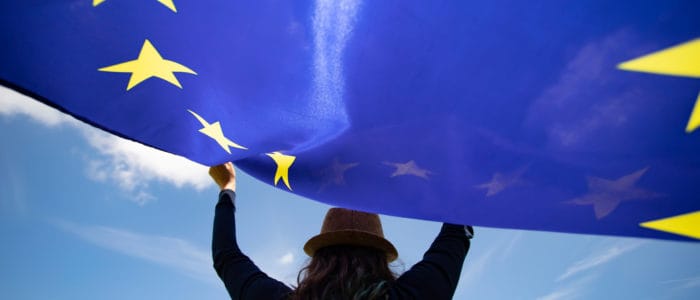Published
The Value of Values
Subjects: European Union

This blog post is based on an article published in El País on the 10th of March 2024 with Isabel Pérez del Puerto. The original article can be found here. The blog also draws from Nils Karlson latest book Reviving Classical Liberalism Against Populism, which can be accessed here.
Contributing to peace, security and sustainable development; contributing to solidarity and mutual respect between peoples, free and fair trade, the eradication of poverty and the protection of human rights; the strict respect for international law. These are not just aspirational concepts, but constitute the objectives that guide us as Europeans and influence our daily lives. Article 3 of the Lisbon Treaty establishes them as the basis for the relationship with the rest of the world, and adds one that reinforces them all: to affirm and promote the values and interests of the European Union.
Are these objectives a real statement of intent? They are. Like any organisation, the European Union needs values not only to guide its policies and regulations, but also to strengthen its position in the geopolitical space. Europeans, for our part, need to own, promote and implement them in order to understand who we are, where we come from and where we are going.
“We must adjust to changing times and still hold to unchanging principles” said Jimmy Carter during his presidency. Time has proven the former US president, who will be one hundred years old this year, right. In the recent past, Europe was more focused on developing internal policies that promoted economic integration and prevented conflicts between neighbours such as the creation of the single market, the common currency, or the successive enlargements to integrate new members. However, events in recent years, including the pandemic and a war on European soil, have highlighted the need to project the Union’s interests and to do so on a basis that unites all its citizens.
With twenty-four official languages, nearly 450 million inhabitants and an area of almost 4000 km, the European Union is a diverse region. In her first speech as President of the European Commission in November 2019, Ursula von der Leyen said she would lead a geopolitical Europe, active in foreign policy, and whose objectives would be achieved through collaboration with third countries. To accomplish this, economic efficiency and governmental procedures are not enough. The Union needs to strengthen its principles and fill itself with political content, building a European identity based on common values, with citizens proud not only of being part of the EU but also willing to stand by the values mentioned at the beginning.
Moreover, in times of deep polarisation, the construction of a European identity can be defined not only by what it is, but also by what it is not. European values stand in contrast to authoritarianism and a lack of democracy. Indeed, in the aftermath of the Russian invasion of Ukraine, support for the democratic system increased and perceptions of migration flows improved.
Similarly, European identity can be defined in opposition to populism, the way of doing politics that offers simple answers to complex problems, and whose proposals are the opposite of efficient and sustainable governance. True, Europe has not escaped populism. These parties exist in all member states, and many will be represented in the European Parliament after the next elections. However, this does not delegitimise a European identity based, among other things, on the principles of freedom of thought and political plurality.
Europeans belong to one of the most prosperous regions on the planet, with long life expectancy and outstanding quality of life. However, the European identity should not be constructed solely from an economic perspective. Europe promotes and protects open, prosperous and pluralistic societies, where the majority of its citizens respect and participate in diverse conceptions of life. It is important to highlight these merits in order to reinforce a strong European identity, which defines internal policies as well as positioning and actions in international debates.
As European citizens, on June 9th, we have the opportunity to express, with our vote, what kind of Europe we want. We bear the responsibility of choosing which values we feel represented by and what will be the political priorities of the continent for the next five years.